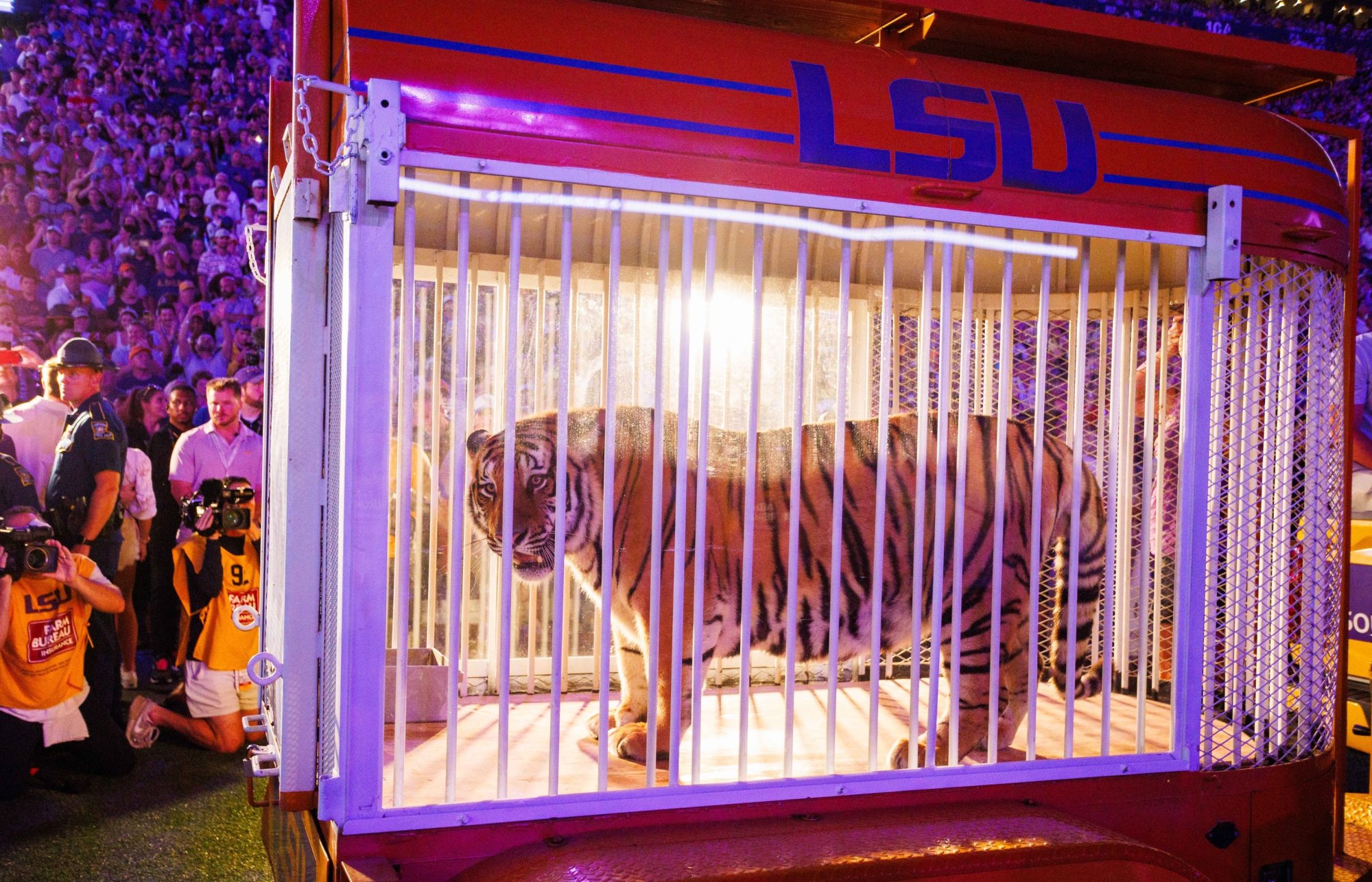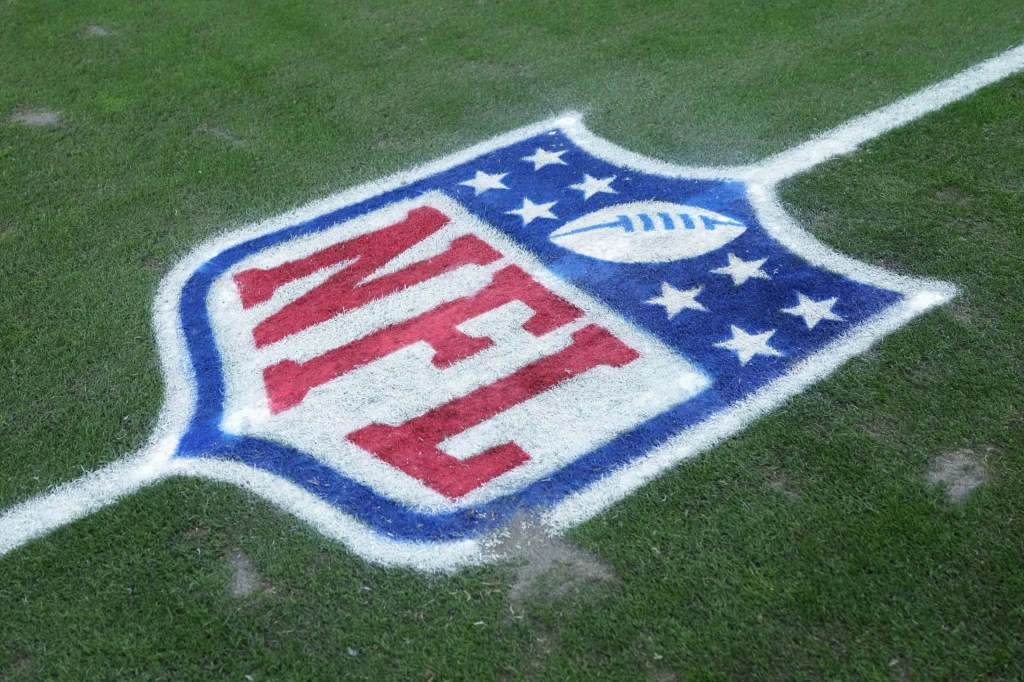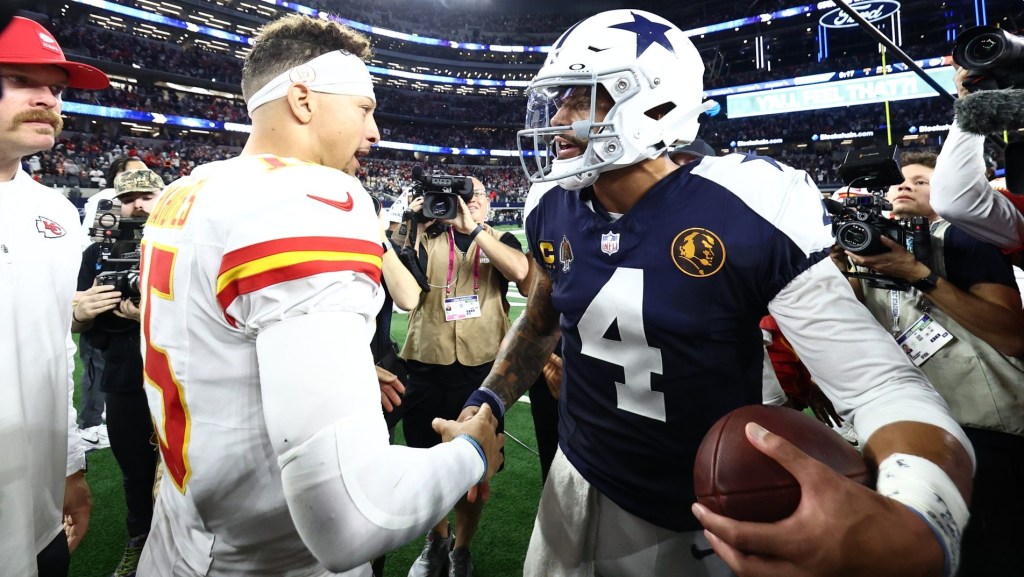Louisiana Gov. Jeff Landry, the mastermind behind bringing a live tiger back to LSU football sideline on Saturday, is thrilled with how his zoological dream unfolded. Not so much with the team he did it all for.
“Our tiger, our live tiger, unfortunately, disappointingly, was the only tiger who showed up Saturday. I’m sorry,” Landry said at a political event in a New Orleans suburb on Monday.
The human Tigers lost 42–13 to Alabama, dropping LSU in the rankings from No. 14 to No. 21. Before the game, the live tiger, named Omar Bradley, made a seven-minute appearance, reviving an LSU staple of having the live mascot at games that ended in 2015. Landry said those who opposed the spectacle are “woke people.”
“I had more people come up to me, and they remembered Mike the Tiger more than some of the great plays in Tiger Stadium,” Landry said Monday. “And they grew up as children seeing this. It’s about tradition. At the end of the day, these woke people have tried to take tradition out of this country. It’s tradition that built this country.”
The governor spearheaded the effort, but ran into obstacles when the school’s veterinarians wouldn’t let him use the official mascot, Mike VII. His predecessor, Mike VI, had bad reactions to the lights and sounds at the stadium, and became resistant to getting in the trailer to go to games. The governor instead found a man named Mitchel Kalmanson to drive in Omar Bradley from Florida. Kalmanson’s dealings with big cats over the years have resulted in a slew of USDA violations, including animals being kept in filthy trailers, escaping, and contracting preventable and even fatal diseases.
PETA claimed Saturday that the governor’s tiger transfer could’ve violated state laws because Kalmanson “appears to be ineligible” for a specific exemption allowing him to bring a tiger across state lines. The organization filed its complaint with the Louisiana Department of Wildlife and Fisheries.
Kalmanson does have a USDA Class C Exhibitor License, the USDA confirmed to Front Office Sports last week. That license allows him—if he’s in the state only temporarily—to transport and show off big cats in Louisiana. (The USDA has considered calls to revoke Kalmanson’s license in the past, but decided against it.) A USDA spokesperson did not respond to questions asking what circumstances would lead to a license being revoked.
Landry said the tiger transport complied with federal regulations, though he referred to the 2022 Big Cat Public Safety Act as “some crazy act” and that the “federal government wants to regulate everything you do.” Kalmanson’s valid USDA license also means he complies with the Big Cat Act.
It’s still not clear how much the tiger cost or who footed the bill. The governor’s office told NOLA.com Monday that no state or LSU funds paid “for any aspect of the tiger.”
Landry is a Republican who was elected to the governorship last fall. Though he was linked to incoming President Donald Trump’s second administration, he said at the event Monday that he would not be joining Trump’s cabinet.





![[Subscription Customers Only] Jun 15, 2025; Seattle, Washington, USA; Botafogo owner John Textor inside the stadium before the match during a group stage match of the 2025 FIFA Club World Cup at Lumen Field.](https://frontofficesports.com/wp-content/uploads/2026/02/USATSI_26465842_168416386_lowres-scaled.jpg?quality=100&w=1024)
![[Subscription Customers Only] Jul 13, 2025; East Rutherford, New Jersey, USA; Chelsea FC midfielder Cole Palmer (10) celebrates winning the final of the 2025 FIFA Club World Cup at MetLife Stadium](https://frontofficesports.com/wp-content/uploads/2026/02/USATSI_26636703-scaled-e1770932227605.jpg?quality=100&w=1024)










